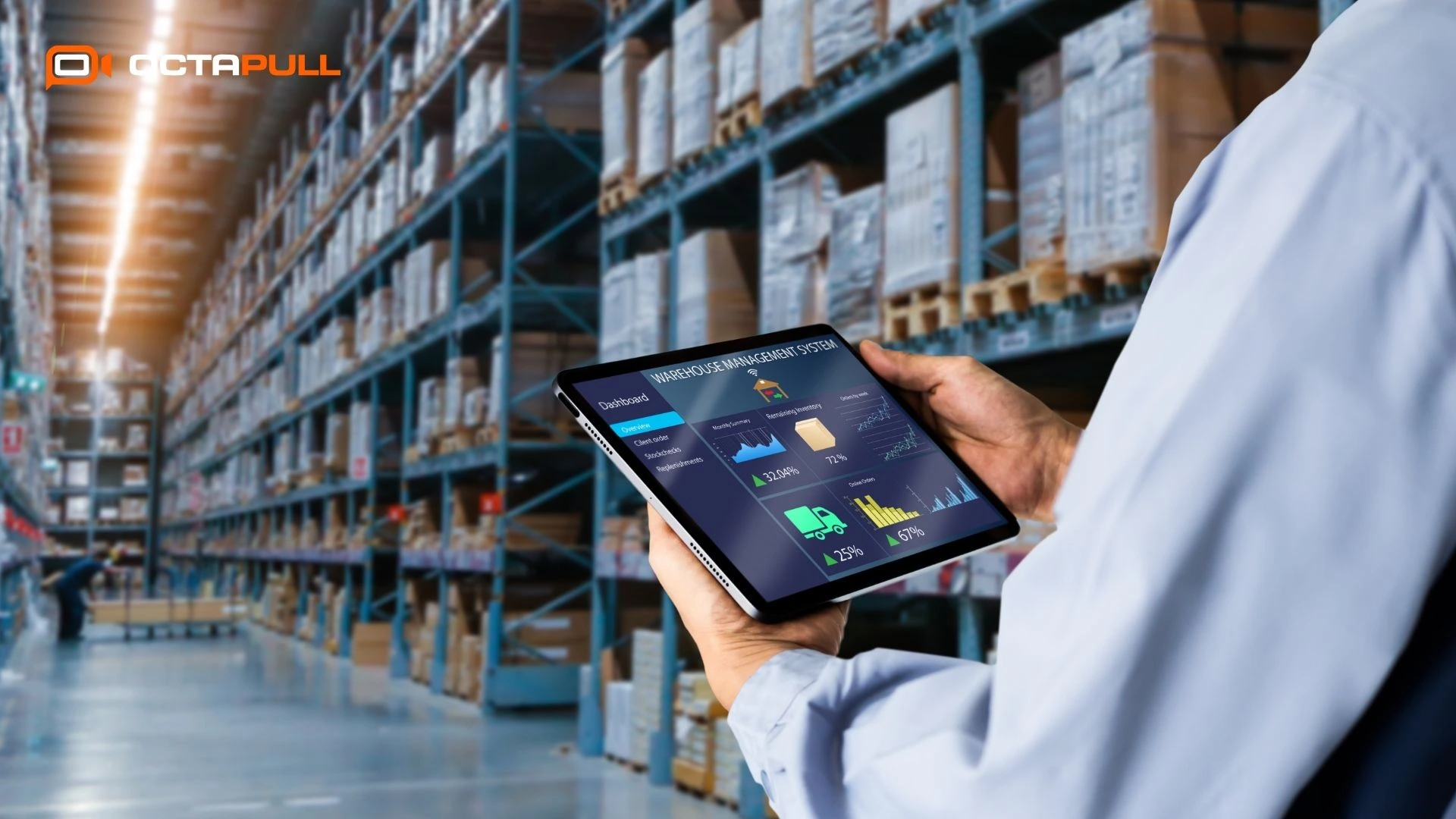How Will the Metaverse Transform Your Work Life?
The metaverse, though it might sound like the stuff of science fiction, is poised to become a new reality in the digital age.
Although science fiction author Neal Stephenson coined the term "metaverse" in 1992, it has only recently entered the mainstream when Facebook rebranded itself as Meta, signaling a major strategic shift toward making this digital future a reality.
In this rapidly evolving landscape, business leaders must recognize the metaverse's transformative potential—not only for social media and e-commerce but, crucially, for the future of work itself.
As the concept of a single, unified metaverse remains fluid, multiple competing metaverses are expected to soon emerge. These environments will radically redefine how we communicate, collaborate, transact, and experience the digital world.
This new frontier demands a significant rethinking from business leaders, who must understand both the opportunities and challenges the metaverse introduces.
This article explores the vast potential of the metaverse and its likely impact on our work lives, offering insight into how organizations can prepare for a future that merges the digital and physical worlds in ways we are only beginning to imagine.
What is the Metaverse?
At its core, the metaverse is a 3D virtual environment that allows individuals to interact with each other and the digital world in immersive ways.
Typically, these interactions are accessed via virtual reality (VR) and augmented reality (AR) headsets. However, the metaverse isn’t exclusive to VR hardware; it can also be accessed through traditional PCs and mobile devices in 2D form.
In this digital realm, social media takes on a new form where users are represented by 3D avatars and interact in virtual spaces that mimic real-world locations and experiences.
The metaverse is expected to go beyond mere digital spaces, combining sights, sounds, and even smells to create a complete sensory experience. For example, imagine two friends—Chloe in Paris and Jack in London—meeting up in a virtual New York City bar.
Through the metaverse, they can sit together, order drinks, listen to music, and chat as if they were in the same physical space, all while being miles apart.
As technology advances, avatars might evolve into holograms that allow individuals to project themselves as realistic 3D figures into actual physical spaces, like a real bar in New York.
The Future of Work and Business Life
For businesses, the metaverse represents a new digital ecosystem that merges work and social interaction in unprecedented ways.
To understand how this will impact the future of work, leaders must grasp the underlying technologies driving the metaverse, including digital platforms, blockchain, artificial intelligence (AI), computer vision, and high-speed networks. Together, these elements provide the building blocks for a wide variety of metaverse experiences.
One of the major players in this space is Meta (formerly Facebook), which is working to build a centralized, closed metaverse or “walled garden.”
This closed approach allows Meta to profit from user data, a model that contrasts with decentralized, open metaverses developed by other companies and communities. Decentralized metaverses prioritize user privacy and data ownership, allowing individuals to retain control over their personal information.
The choice between open and closed metaverses will have significant implications for business. As the digital landscape transforms, organizations will need to rethink their existing business models and adapt to new environments where intellectual property (IP) ownership might be shared among metaverse users and communities.
For example, the Digital Asset Trading (DAT) platform developed by Reality Gaming Group allows for the tokenization of digital assets such as in-game items, art, and real-world products. By leveraging these assets in the metaverse, businesses can create new streams of value and engagement.
As more companies enter the metaverse, we’re likely to see the creation of entirely new job roles and functions.
Just as social media managers became essential with the rise of platforms like Facebook and Twitter, we’ll see demand for metaverse architects, virtual reality designers, blockchain developers, and AI specialists who can design, build, and manage virtual environments.
These roles will be critical for companies looking to leverage the metaverse for product development, customer engagement, and operational efficiency.
How Will Metaverse Reshape the Digital Workspace
One of the biggest shifts the metaverse introduces is a reimagining of the traditional digital workspace. Unlike today’s platforms, where remote work is often limited to two-dimensional interactions, the metaverse allows for fully immersive, 3D virtual collaboration.
Employees represented by avatars can gather in virtual offices, interact with 3D models, and attend meetings as though they were physically present. This could potentially eliminate geographic constraints and provide companies with access to a global talent pool.
To prepare for this transformation, organizations need to cultivate a “platform vision” among their teams. Leaders must help employees understand the digital logic and structures of metaverse platforms, incorporating them into a scalable organizational framework that supports immersive work environments.
To lead these efforts, companies will need metaverse ecosystem architects—professionals who combine expertise in blockchain, AI, data analytics, computer vision, quantum computing, and networking technologies.
Additionally, companies will need to establish multidisciplinary teams that include metaverse experts in marketing, branding, business development, and innovation. These teams will be responsible for reimagining product portfolios, designing new services, and identifying emerging markets within the metaverse.
The integration of digital and physical business models will also require organizations to adopt advanced data analytics, AI-driven insights, and robust data governance strategies.
Personal Data and Privacy
The metaverse’s reliance on immersive experiences means it will collect unprecedented volumes of personal data.
From location tracking and behavioral patterns to biometric information such as eye movements and physiological responses, metaverses will generate vast amounts of data for companies and platforms. This poses significant privacy and security challenges that businesses must address to gain user trust and ensure data compliance.
To protect users in these environments, companies will need metaverse analysts who can harness AI and deep analytics to inform strategic decision-making while prioritizing data security.
Businesses should also consider integrating metaverse experts into their governance structures to prevent over-monitoring and protect individuals from dehumanizing practices in virtual spaces.
Moreover, businesses must balance the benefits of the metaverse with its potential drawbacks. For instance, research from Meta (formerly Facebook) indicates that many users are hesitant about merging their personal and professional lives in such an immersive way.
To address these concerns, companies will need to develop ethical data practices that prioritize user privacy, data encryption, and cybersecurity, especially in light of emerging threats from quantum computing and other advanced technologies.
The New Hybrid Model: Balancing Virtual and Physical Worlds
In the workplace of the future, hybrid work models will extend beyond balancing time between the home and office. The metaverse introduces a new dimension, requiring companies to balance the virtual and physical worlds in a way that maintains employee well-being.
Virtual workspaces could allow employees to interact in ways that mimic physical presence, but companies must be mindful of potential burnout from excessive engagement in virtual worlds.
To support a healthy work-life balance, organizations will need to establish new policies that prioritize mental health and encourage breaks from the metaverse.
HR departments will play a crucial role in shaping hybrid work policies that emphasize healthy boundaries between virtual and physical workspaces.
This shift could also inspire companies to create employee wellness programs tailored to the unique demands of immersive environments, ensuring that employees can work productively and sustainably in both worlds.
Realizing the Potential of the Metaverse: Challenges and Opportunities
As organizations navigate the metaverse, they must focus on more than just the technology; they need to prioritize human-centered design and ethical governance. By creating metaverse spaces that prioritize inclusivity, accessibility, and user autonomy, businesses can foster environments that empower employees and drive innovation.
For companies looking to capitalize on the metaverse, solutions such as OctaMeet offer a glimpse into the potential for virtual collaboration and remote team management. OctaMeet enables teams to work together in immersive settings, bridging the gap between traditional digital workspaces and the metaverse.
With features designed to enhance communication, productivity, and creativity, OctaMeet provides a foundation for businesses to explore the metaverse’s possibilities in a way that aligns with their organizational goals.
Conclusion: Embracing a New Era of Work
The metaverse represents a paradigm shift in the way we work, collaborate and interact. As organizations adapt to this new landscape, they will encounter both challenges and opportunities that demand innovative solutions and a willingness to reimagine traditional workflows.
By embracing the metaverse as a creative canvas, businesses can explore extraordinary ways to engage customers, develop products, and foster collaboration among employees.
For organizations that prioritize the human component as much as the technological one, the metaverse offers a unique opportunity to cultivate purpose-driven innovation and create a more humanized approach to work.
Those who invest in transdisciplinary metaverse talent and create ethical frameworks for immersive environments will be well-positioned to thrive in this new era.
As businesses prepare for this shift, they can explore solutions like OctaMeet to strengthen virtual collaboration and enhance remote team management, setting the stage for a dynamic future of work.
Sign Up Today!
Discover how OctaMeet can revolutionize your virtual collaboration and enhance remote team management. Enjoy a free 30-day trial to experience the difference firsthand or schedule a demo meeting with our product team to explore application and licensing details.






